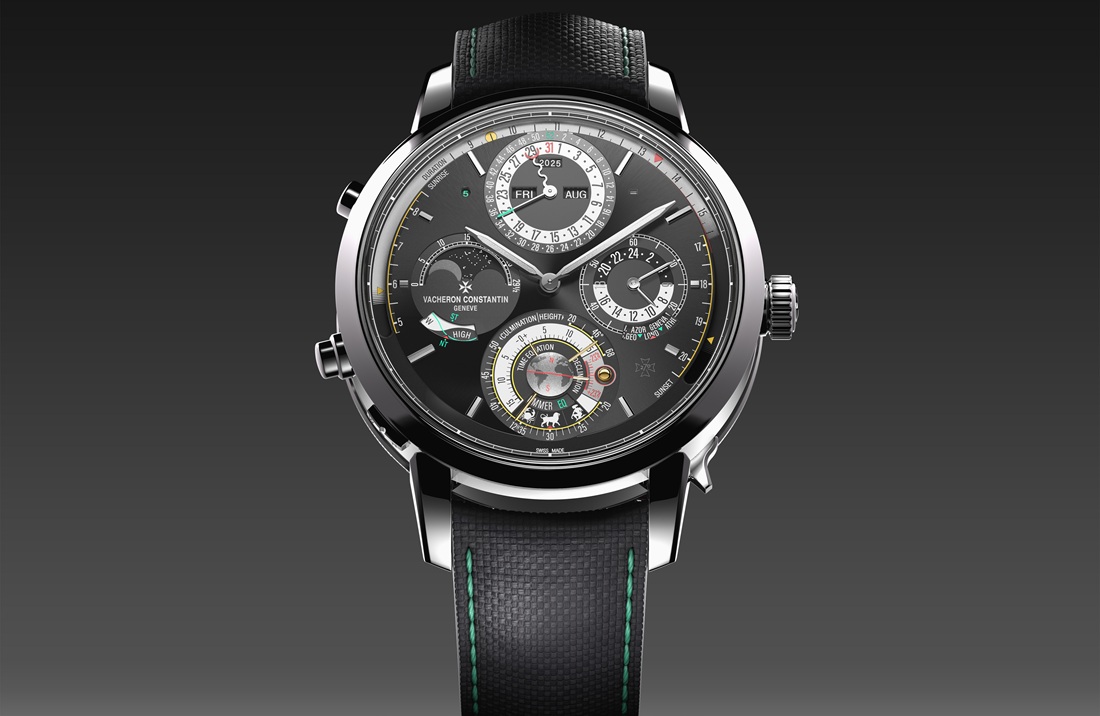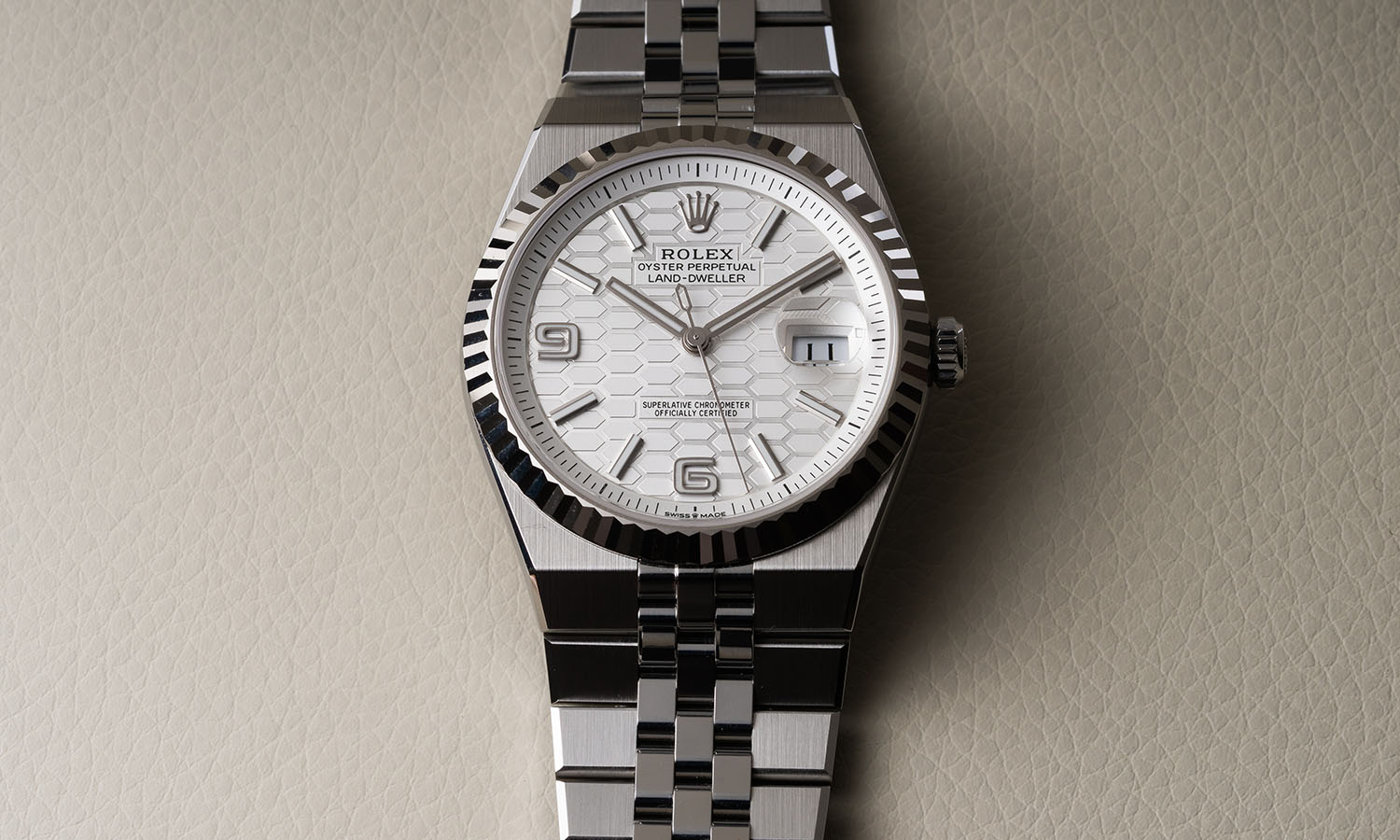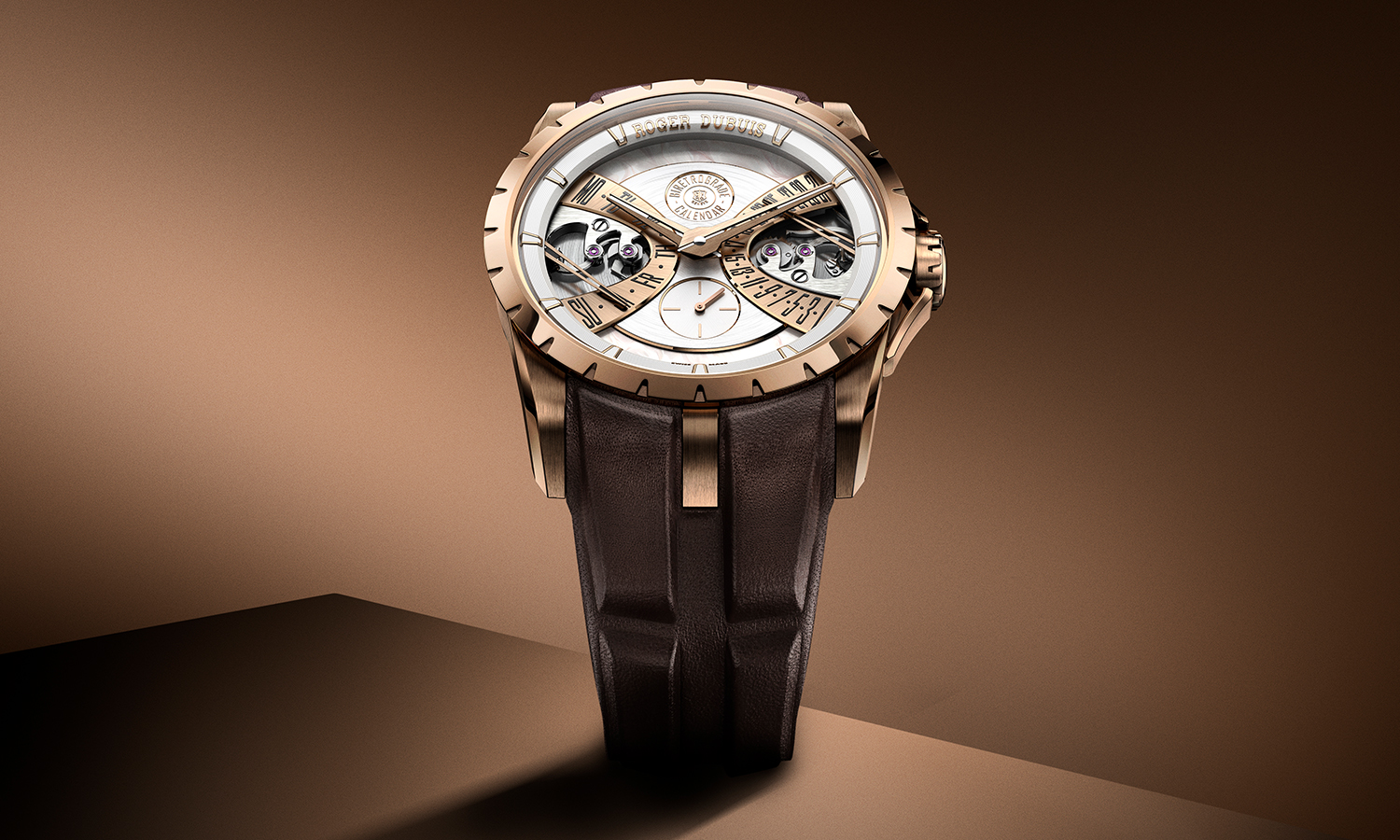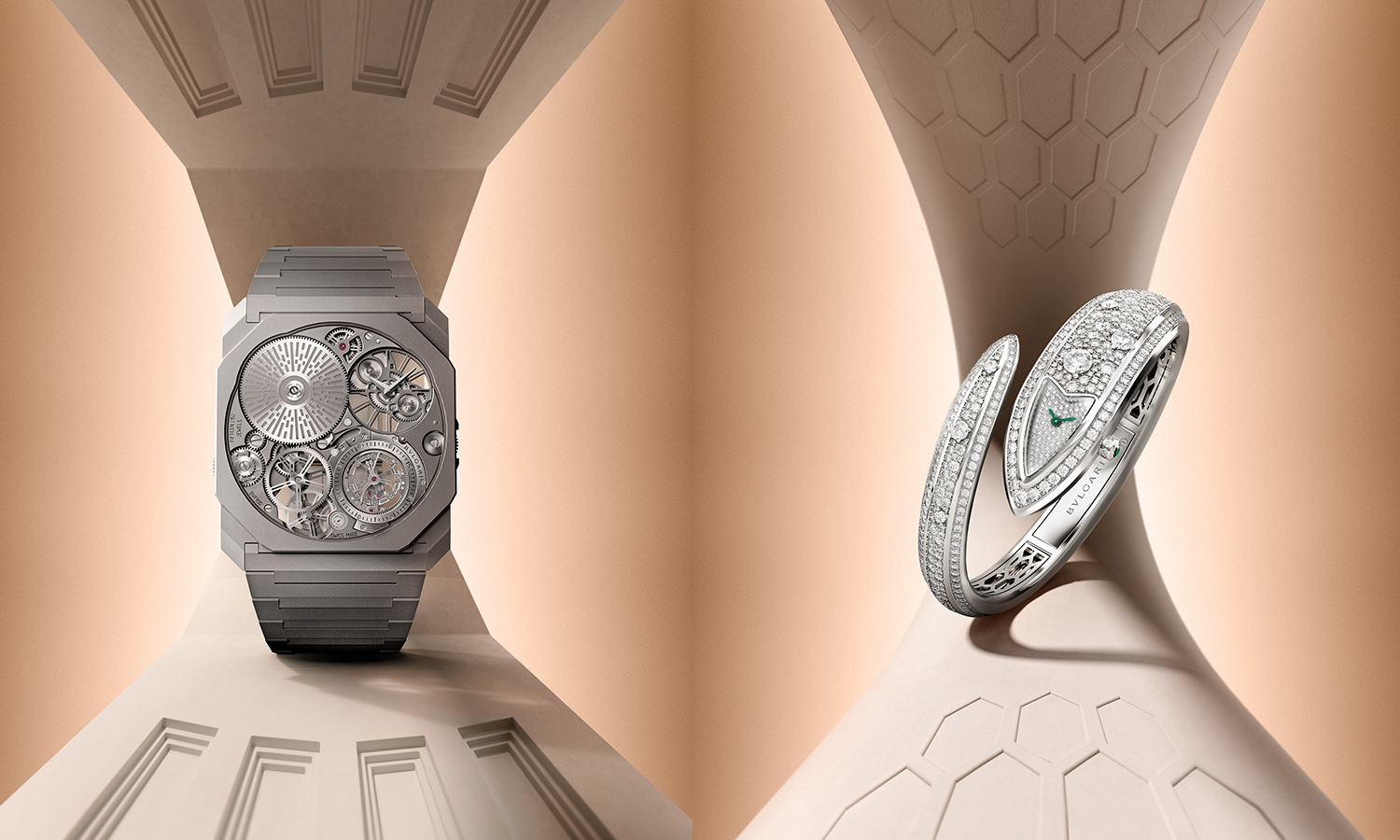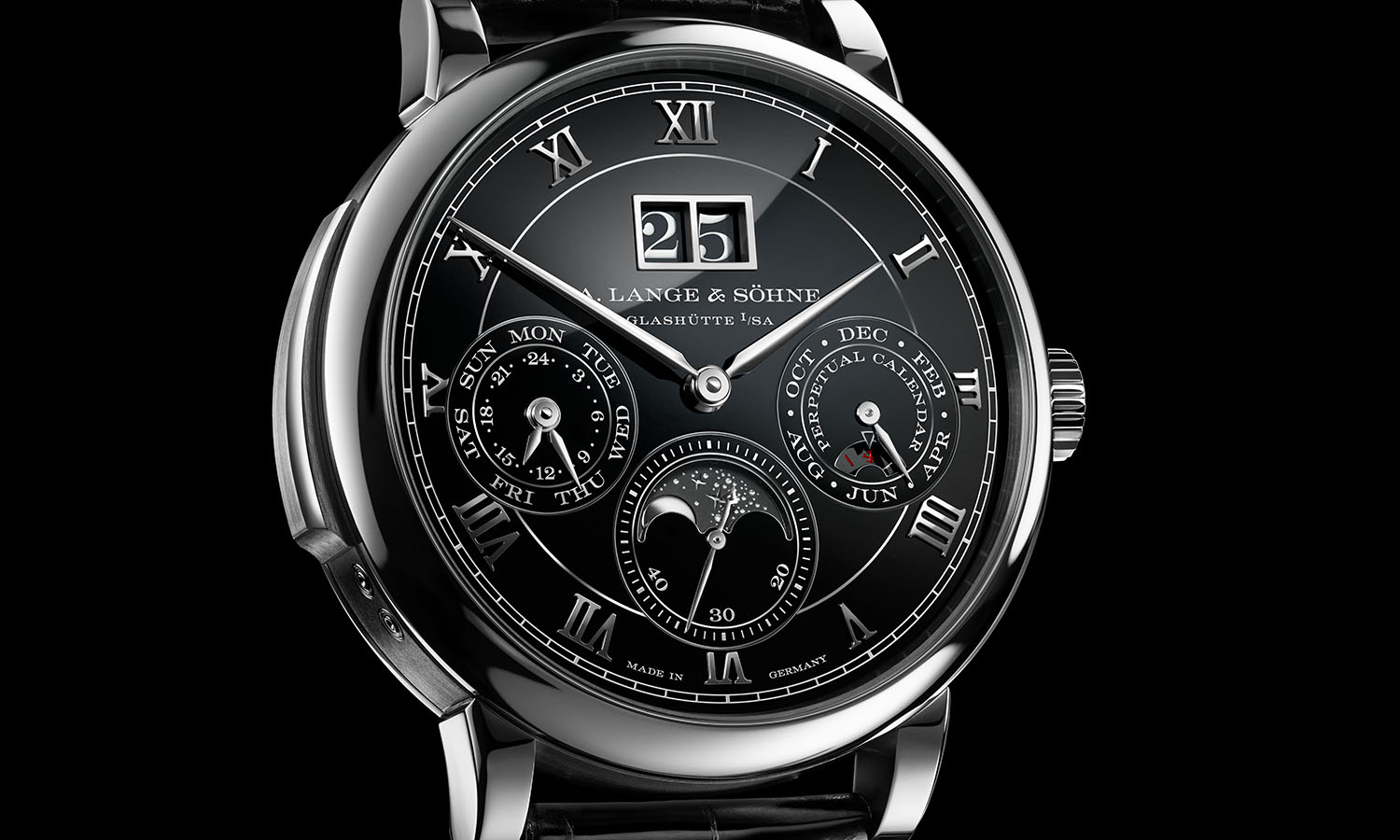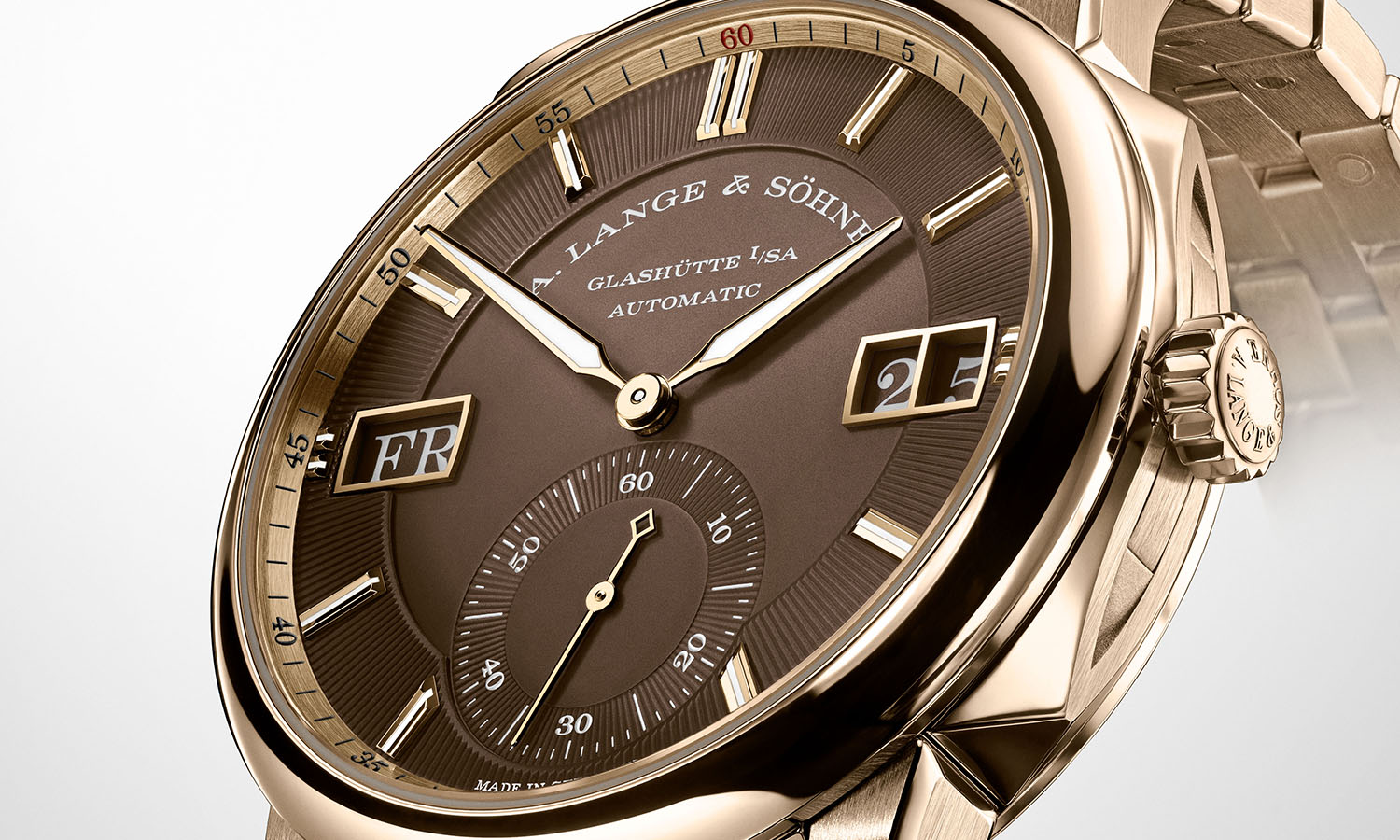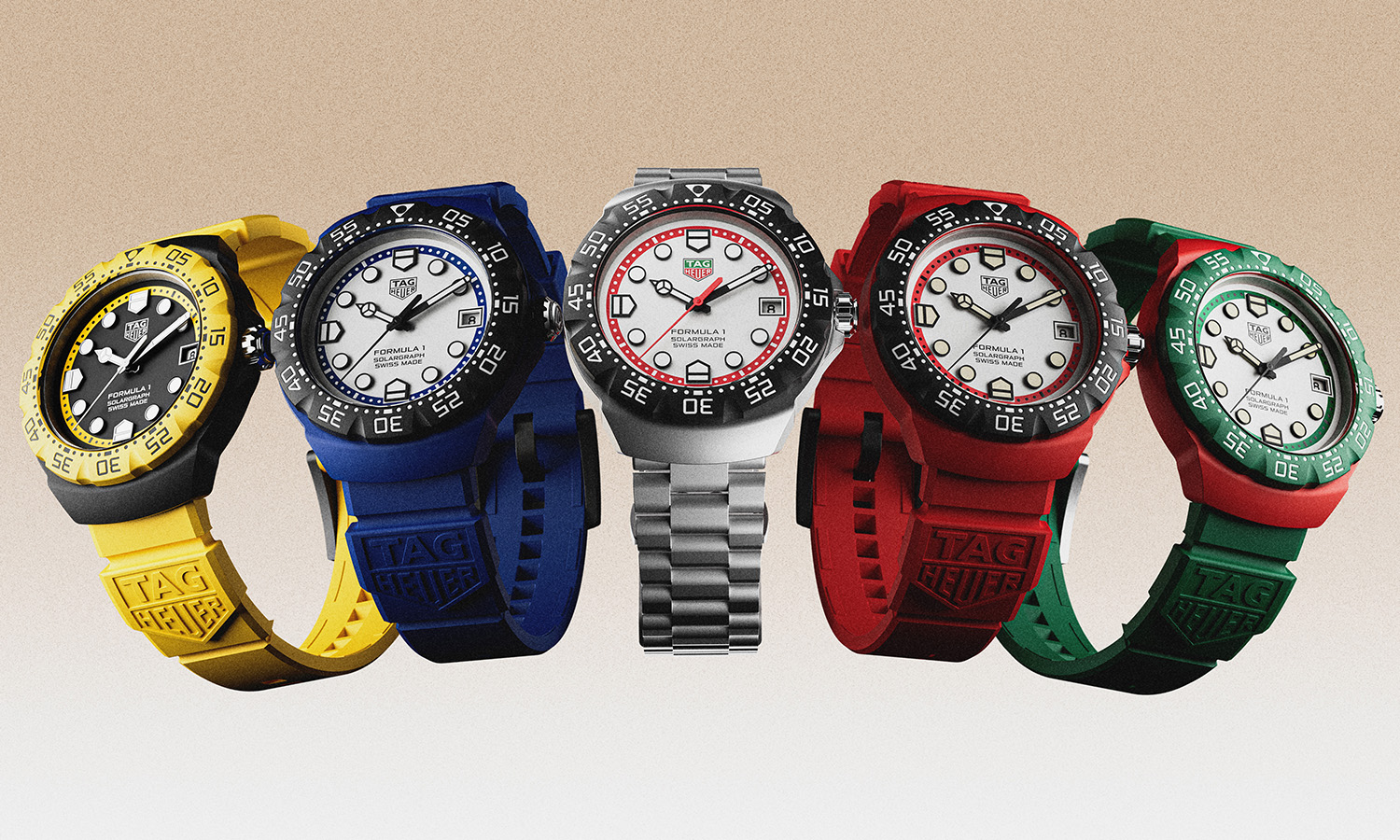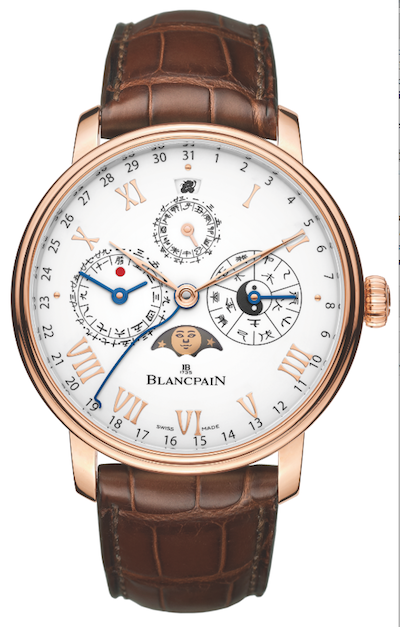
Yin and Yang: The Blancpain Traditional Chinese Calendar Watch
Though we’re so used to the Gregorian calendar, with its 365 day year and 4 year leap year cycle, that we usually simply think of it as the calendar, there are many other ways of reckoning the passage of time. One of the most ancient systems still in use today is the traditional Chinese calendar, which, unlike the Gregorian calendar, uses the occasion of each new moon to mark the start of each month. There is archaeological evidence for the use of some form of the Chinese system dating back at least three and a half millennia, and over thousands of years it has taken on a complex but intensely symbolically sophisticated form.
Since the Chinese calendar contains 12 lunar months, which are either 29 or 30 days long, the lunar year is about 11 days too short relative to the length of a solar year (roughly 365.24 days.) The solution is to occasionally insert an extra month into the calendar (the reason for the shifting date of Chinese New Year.) Another feature of the Chinese calendar is a combined ten year cycle (the Ten Celestial Stems) based on Yin and Yang and the 5 Elements (both components of traditional Taoist cosmology) with a 12 year cycle based on the 12 animals of the Chinese Zodiac (and originally based on the 12 year period of Jupiter’s orbit.) The combination of these two cycles yields a sixty year cycle (the jiǎzǐ) which determines the animal and element under which a person is born, forming the basis of Chinese astrology.
One of the most remarkable watches we saw at this year’s BaselWorld was from Blancpain –the Traditional Chinese Calendar Watch combines indications for the Gregorian calendar with a complete representation of the celestial cycles as seen from the perspective of the traditional Chinese calendar. (We were also treated to an incredibly lucid explanation of what could have been, to Westerners, an impenetrably incomprehensible watch, by Mr. Adam Bossi, Blancpain’s US president, who calmly took us through the functions of the watch with the clarity and aplomb of an expert academic.)
At 12:00 is a subdial with a hand that rotates once every 24 hours, showing the corresponding Chinese hour (in the Chinese system an “hour” is actually 2 hours long.) At 3:00 another subdial shows the ten year cycle of the Celestial Stems (the Five Elements of Water, Wood, Fire, Earth, and Metal in either their Yin or Yang aspect) with the taiji symbol (sometimes referred to in the West as the “Yin-Yang” or “Double Fish” symbol, which represents the mutual arising and destruction of Yin and Yang) at its center.
At 9:00 is the indication for the Chinese month, as well as an indicator for the leap month of the Chinese calendar. The date of each lunar cycle is also shown. Finally, at 12:00 the current sign of the Chinese zodiac is shown (advancing once per year) and, appropriately for a watch that shows a calendar derived from the lunar month, the age and phase of the moon is shown at 6:00.
The hours and minutes of the conventional 24 hour civil day are shown as well, and finally a serpentine date hand shows the day of the month according to the Gregorian calendar.
All this complexity comes at a high parts count –434 components must mesh in perfect synchrony. Fortunately for its owners, the indications for the Chinese Calendar watch can easily be adjusted without recourse to any special tools, thanks to Blancpain’s patented corrector system, which places pushers under the lugs holding the strap in place, where they can be moved with a fingernail rather than forcing the owner to use the styluses (or toothpick, ballpoint pen, or other unsuitably quotidian instrument) so many other complicated calendar watches require.
The Blancpain Traditional Chinese Calendar watch combines the solar calendar of the West with the lunar calendar of the East in a display of harmonious sophistication that’s a true balance of Yin and Yang.
The Blancpain Tradition Chinese Calendar Watch is available in a platinum limited edition of 20 pieces, featuring a white gold, ruby-set oscillating weight engraved with a dragon, to celebrate the Year of the Dragon. It is also available in a non-limited edition (but very limited production) red gold case. Both the limited and non-limited edition are produced with a white grand feu enamel dial. Price for the platinum version is $83,600 and $63,200 for the gold.
Like Haute Time? Join our Facebook page or follow us on Twitter @hautetime.
 SIGN UP
SIGN UP


